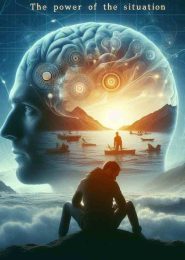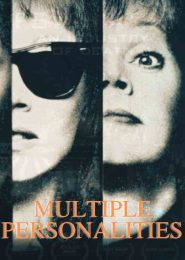The Brain, Sensory Deprivation and Isolation (2008)
The Brain, Sensory Deprivation and Isolation 2008 documentary takes us on a journey to understand how lack of sensory input affects our consciousness. Sensory deprivation can lead to profound changes in thought processes, emotions, and the perception of reality.
But what happens when we strip away these inputs? The documentary reveals that the brain starts to compensate for the lack of external stimuli by creating its own.
People subjected to sensory deprivation often experience vivid hallucinations and a distorted sense of time. The brain, it seems, is wired to remain active, creating a rich inner world when the outer one fades.
The effects of isolation are equally fascinating. Humans are social creatures, and a prolonged absence of social interaction can lead to significant psychological distress.
The documentary shows that isolation can affect cognitive function, leading to difficulties in concentration and memory. It also increases stress levels, which can have a wide range of negative health implications.
Now, consider this, the research highlighted in the documentary isn’t just academic. It has real-world applications, particularly in understanding and improving conditions for individuals who experience isolation in their daily lives, such as astronauts, prisoners, or the elderly.
Moreover, the documentary dives into how sensory deprivation and isolation can be used positively. For instance, isolation tanks, which are designed to limit sensory input, are used for meditation and stress relief, showing that these states can have therapeutic benefits.
The Brain, Sensory Deprivation and Isolation 2008 sheds light on the incredible adaptability and resilience of the human brain. It underscores the importance of sensory experiences and social interactions in shaping our reality and maintaining mental health.
And there’s more. By understanding the brain’s response to these extreme conditions, we can better appreciate the everyday sensory and social experiences that contribute to our well-being. This documentary serves as a reminder of the delicate balance our brains navigate to construct our conscious experience.
In conclusion, the insights gained from The Brain, Sensory Deprivation and Isolation 2008 are not just intriguing; they are vital.
They help us understand the fundamental workings of our minds and the importance of our environment in defining who we are. The documentary stands as a testament to the complexity and resilience of the human spirit.




